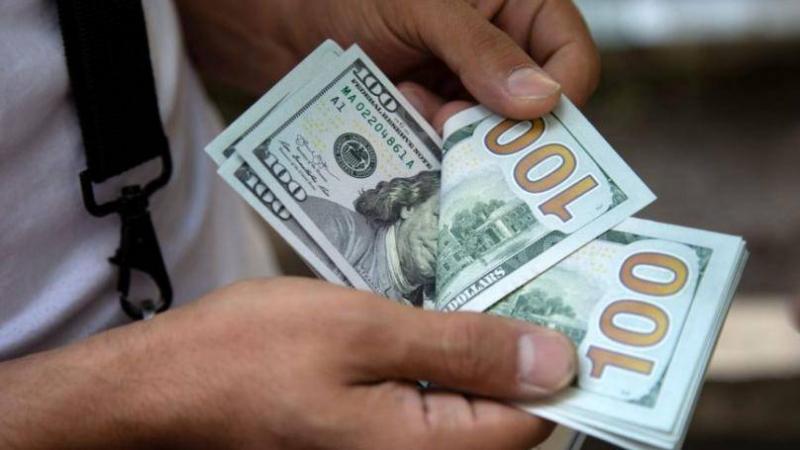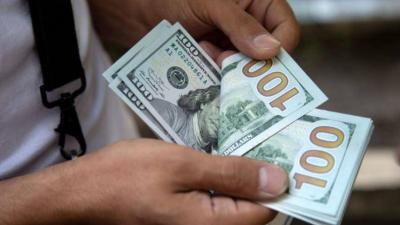The path to raising the customs dollar does not seem politically feasible at this moment. According to informed political sources for "Al-Markazia," prominent government forces still oppose raising it, especially as they fear its repercussions on the public and the impact of supporting such a decision on their image in a financially and economically exhausted community. Hezbollah leads the list of those distancing themselves from the dollar issue.
Yesterday, a statement was issued by Mustafa Bayram, the Minister of Labor in the caretaker government, indicating that Minister Bayram wants to highlight a phrase included in a letter from the Prime Minister and the Minister of Finance in the caretaker government regarding what is commonly referred to as the customs dollar. Mikati's reference to agreeing on it during a government meeting at the Grand Serail that brought together all ministers for discussion on general issues was noted. It is worth mentioning that this meeting has no official standing, as confirmed by President Mikati himself, either in form or content. It should be clarified that the discussions concerning the customs dollar arose following discussions in law related to the availability of an exceptional authority allowing the Finance Minister to amend this dollar. We were informed about it (for the sake of acknowledgment) without any request for approval or disapproval, as the meeting was not official and did not follow voting mechanisms as previously mentioned. If we had been in an official session, we would not have approved it, especially at the amount presented. Therefore, we maintain our cautious stance, particularly regarding the recently mentioned amount (20 thousand), given the ambiguity in the targeted or exempted goods, along with the absence of a mechanism to control some traders' performance and the spiraling prices. Thus, clarification and a statement became necessary.
The members of the ministerial house are not united regarding the raising of the customs dollar, complicating the process of its approval, either in the Cabinet or in Parliament, if the law necessitates parliamentary endorsement. This divergence within the executive authority adds to the countless objections raised by opposing forces in the parliament against this increase.
According to the sources, these objections are valid. Such a step should be part of a comprehensive plan to rescue the country economically and socially. However, if it stands alone and isolated, outside of a clear and comprehensive reform roadmap, it will not achieve its intended purpose—namely, as announced by the Minister of Economy Amin Salam, securing additional revenues for the state and ensuring salaries for public sector employees. It will provide them with one hand and take from them with the other, given the alarming inflation and the rise in all commodity prices caused by the increase in the customs dollar.
Can we say that this decision, which the government of President Najib Mikati had gravitated toward, will be foiled once again before its birth due to populist but also technical considerations? Or is there a possibility for it to see the light despite all its repercussions and regardless of a comprehensive reform plan?




